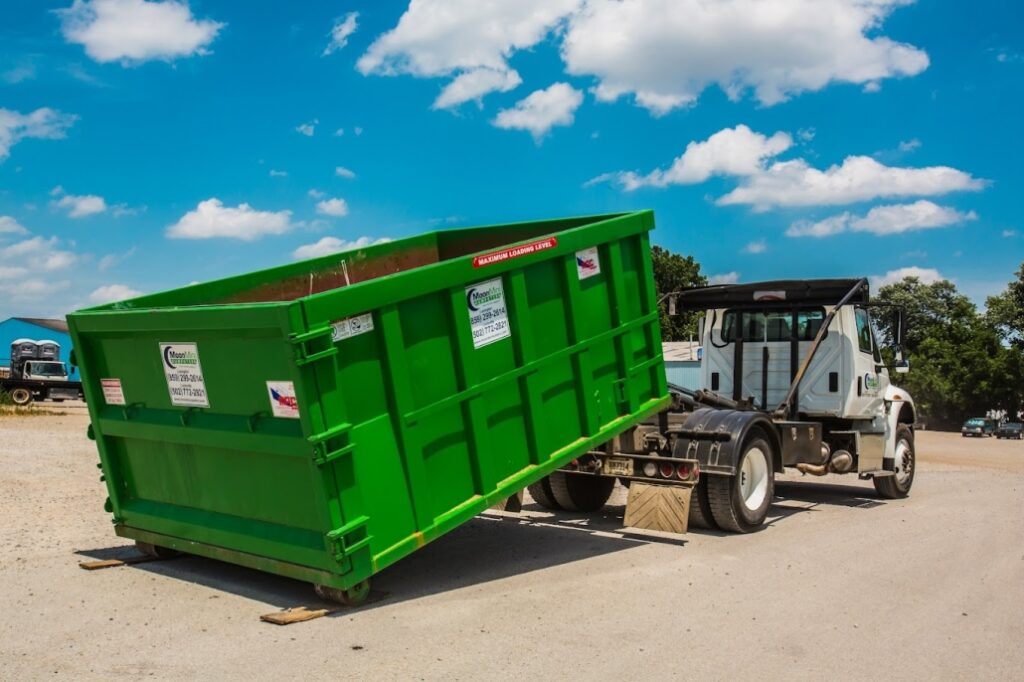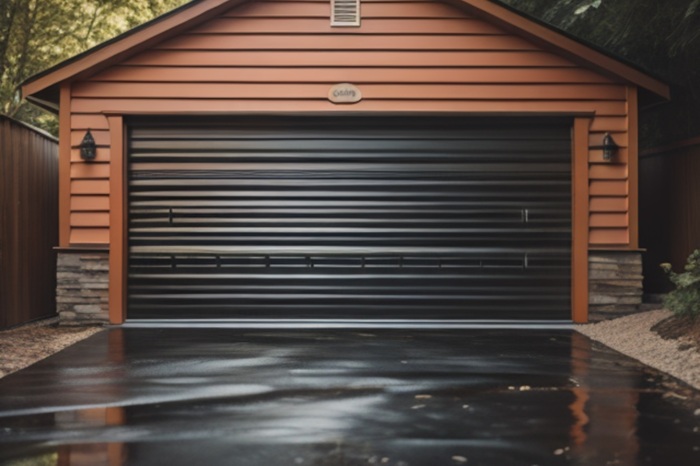Each construction venture, no matter how large or small, is dependent upon a properly planned budget. If not, spending too much or delays may soon turn into a necessity. Budget planning gives you a precise plan of where the money will go and the way each phase of work will be funded.
In laying out the expected costs ahead of time by setting realistic expectations, you can reduce the chance of financial stress as well as improve the efficiency of your project. An effective budget will keep your project in line, starting from the initial dig until the last coat of paint.
Begin with a solid estimate.
An exact and thorough cost estimate forms the basis of any budget that is sou budgetnd budget. It should cover everything: labor equipment, material equipment, overhead, and so on. By using precise numbers, there is less chance of overpricing or not including critical items can be reduced.
Professionals frequently use Construction Cost Estimating Services to assist with this phase. The teams use their knowledge, experience as and tools to create exact, precise estimates. An accurate estimate helps you think strategically and plan confidently.
Understand Scope and Project Needs
When determining a budget for the project is essential to know precisely what exactly the project will include. The more specific the project scope can be, the more straightforward it will be to create a reasonable cost strategy. This is based on the number of rooms, size of buildings, as well as quality of finishing, as well as special aspects.
Any changes that are made after the budget has been made can throw the entire design off. This is why taking time to plan the project’s details is much better instead of making decisions in a rush when building.
Factor in Material and Labor Costs
They are two of the largest elements of budgets in the majority. The rates for labor vary according to region and type of project, while the cost of materials can change in response to demand and supply, and the proper requirements for a construction company are important. Monitoring current rates will ensure that your budget is in line with the current prices in the market, and there is construction industry action and a large number of vacancies.s
It is also beneficial to put by putting aside a few days. Prices could increase in the interval between when you decide to buy and the time you decide to purchase. This can stop the possibility of being in debt in the future.
Plan for Equipment, Permits, and Site Needs
Each job site has costs in addition to building materials. This includes permits, safety equipment, fences, rental charges, and utility hookups. If you don’t include these in your budget, it may result in costly late-night changes.
Take a look at the complete layout of the site, not only the design. Planning your site properly helps to maintain the flow of work and helps avoid surprises once the construction has begun.
Make Purchases Coordinated and with Exact Timing.
After you’ve developed your budget strategy, the next stage is to plan your purchase. If you purchase materials at the wrong time, it could result in storage issues. A purchase made too late can impede progress. A well-planned purchase can avoid both.
Numerous companies turn to procurement outsourcing services for help in managing delivery and orders. The result is that supplies arrive on time and at a reasonable cost. Good timing will keep your funds intact and keepworking efficiently.
Include a Contingency Fund
However detailed your budget, anything unexpected may occur, like weather delays or cost increases,, or modifications to the design. This is why it’s important to have a contingency plan in your budget. The typical figure is between 5 and 10% of the cost.
This cushion built-in permits you to alter the cushion depending on the need without disrupting the work. This also helps you appear professional and prepared when speaking to clients or investors, and the budget is not necessary for a better arrangement.
Monitor and Adjust Throughout the Project
Budgeting is not a one-time job. This is something that requires attention throughout the duration of the process. Be aware of the costs, then compare them with the plans, and then make changes as soon as you can.
If you are able to manage your budget effectively and spend it wisely, you will be able to fix small issues before they become major. This method not only helps improve the current plan but also will help you become a better planning expert in the future.
Be in contact with all Stakeholders..

A clear communication system is a major element of a successful budget. Engineers, builders, architects, and construction estimating services all contribute to the costs. Making your budget transparent and keeping everyone up-to-date will help you avoid unexpected costs later.
If the entire team is aware of the budget is more likely to adhere to the plan. Coordinating is just as important as calculating to keep your budget in line.
Final Thoughts
Planning budgets in construction requires time, effort, as well as teamwork. This is more than numbers. It’s about planning to be successful right from the start. Start with solid estimations as well as a tight control on purchases, and leaving room for unexpected events allows you to stay within the limitations and produce top-quality results.
A lot of contractors and builders rely upon Construction Estimating Services for accurate estimates that reflect the actual costs of the project.




